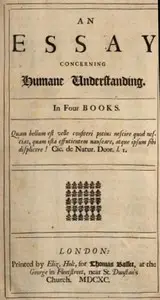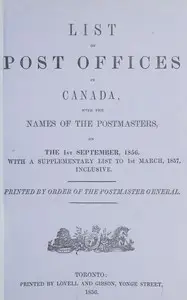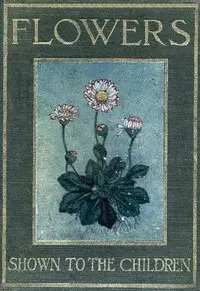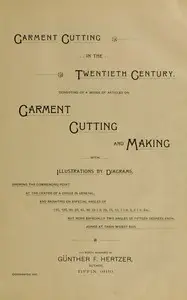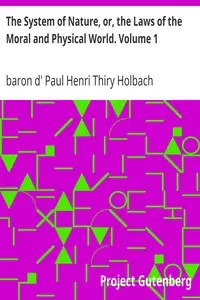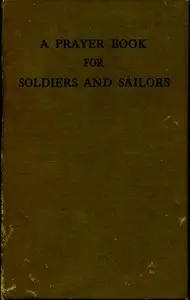"An Essay Concerning Humane Understanding, Volume 2" by John Locke is a philosophical treatise written during the late 17th century. This volume delves into the themes of language, meaning, knowledge, and how words relate to the ideas they signify. Locke aims to unpack the complexities of human understanding by examining the function and classification of words, ultimately addressing how communication shapes our perceptions. The beginning of this volume introduces the foundation of Locke's exploration into language, focusing on how humans are equipped to form articulated sounds as a means of communication. He emphasizes that while humans can produce sounds, the value of language comes from its capacity to convey internal ideas and concepts to others. Locke outlines the necessity of general terms to categorize and simplify communication, demonstrating how words represent complex ideas and are arbiters of understanding. This initial section sets the stage for Locke’s deeper examination into the nature and signification of words, their imperfections, and the implications these have on knowledge and understanding, which he will elaborate upon in subsequent chapters. (This is an automatically generated summary.)

An Essay Concerning Humane Understanding, Volume 2 MDCXC, Based on the 2nd Edition, Books 3 and 4
By John Locke
"An Essay Concerning Humane Understanding, Volume 2" by John Locke is a philosophical treatise written during the late 17th century. This volume delve...
John Locke was an English philosopher and physician, widely regarded as one of the most influential of Enlightenment thinkers and commonly known as the "father of liberalism". Considered one of the first of the British empiricists, following the tradition of Francis Bacon, Locke is equally important to social contract theory. His work greatly affected the development of epistemology and political philosophy. His writings influenced Voltaire and Jean-Jacques Rousseau, and many Scottish Enlightenment thinkers, as well as the American Revolutionaries. His contributions to classical republicanism and liberal theory are reflected in the United States Declaration of Independence. Internationally, Locke's political-legal principles continue to have a profound influence on the theory and practice of limited representative government and the protection of basic rights and freedoms under the rule of law.



